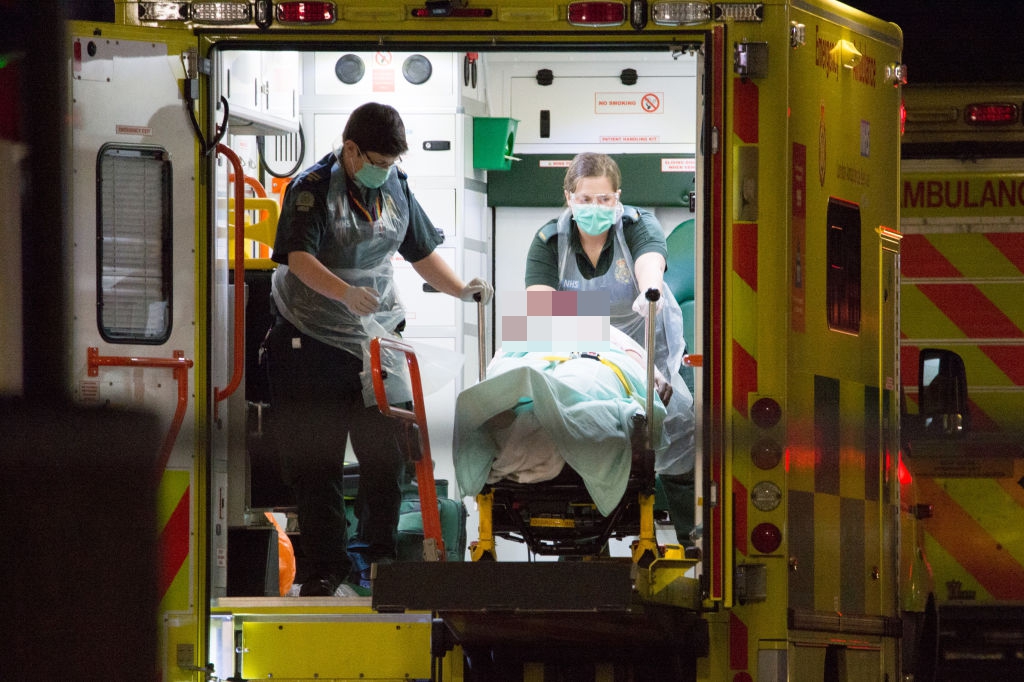MORE than 40,000 people died at home last year than usual – but most didn’t have Covid.
Figures show the number of people passing away in their own homes surged by a third in 2020 to 166,576.

Meanwhile, deaths in hospitals and care homes were below average for much of the year as people stayed away.
Sarah Caul, of the Office for National Statistics, said: “Unlike in hospitals and care homes, the main cause of death has not been Covid-19.
“Instead we have seen big increases in people dying from other things such as heart disease, dementia and Alzheimer’s and various cancers.”
The ONS found at-home deaths in England and Wales were 41,321 higher than an average year and 29 per cent higher than in 2019.
Between January 2020 and June 2021 the total was 252,486, which was 63,000 more than in a normal 18-month period.
Heart disease, including heart attacks and strokes, was the main cause of the deaths.
But they rose fastest for dementia and Alzheimer’s patients, soaring 73 per cent in men and 61 per cent in women.
They also increased for people with lung, breast and prostate cancers but Covid only caused two per cent.
Ms Caul explained deaths may have risen because people couldn’t get usual medical care or chose to avoid hospitals and care homes out of fear of the virus.
Home deaths almost doubled during the first lockdown, last April, and were second highest in the third lockdown in January.
Experts fear patients might not get good pain relief if they die at home.
Professor David Spiegelhalter, from Cambridge University, said: “Many people would prefer to die at home, and so this could be a positive move, provided there is adequate end-of-life support.”
Dr Lucy Pocock, a GP in Bristol, added: “In order to die well at home, patients need access to high quality round-the-clock care, but community services are overstretched and social care is in crisis.”






